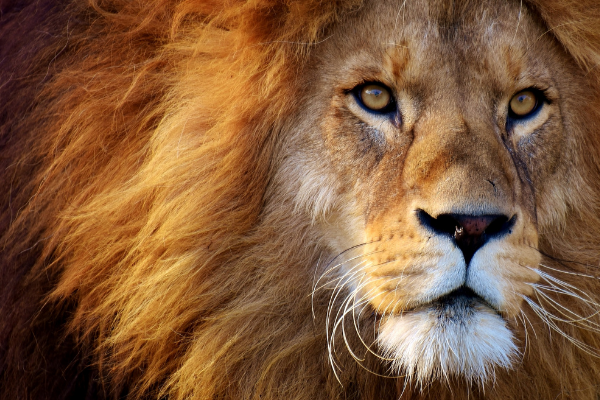Trophy hunters want you to believe they are better than poachers because they have a permit from US Fish and Wildlife Service to slaughter African lions, leopards, elephants, and rhinos. (Giraffes currently have no protection under US law, so they do not need a permit to kill them to mount their head or to make Western boots, pillows and rugs from their skins.)
However, it makes no difference to these vulnerable species also battling habitat loss and the bushmeat trade if their killers have a permit or not. And permits do not make a difference to the offspring of dead animals who must survive without parents to teach them about the harsh lessons of nature and avoiding conflicts with humans. Leopard cubs, for example, would normally stay with their moms for two years.
Trophy hunters kill for recognition like the African Big 5 Grand Slam Award, not conservation. The Safari Club International’s Record Book ranks biggest tusks, horns, skulls and bodies.
And make no mistake, Connecticut residents want bragging rights too. Between 2005-2020, Connecticut residents killed 71 leopards, 39 lions and a giraffe. They also killed seven elephants. (The 2016 near total ban on commercial trade in African elephant ivory still allows Americans to import two elephant trophies per year.)
Even though trophy hunters weren’t travelling in 2020, the Big 5 did not get a reprieve. Since wildlife-watching tourism flatlined, poaching soared because the presence of visitors deters poachers. Uganda recorded 367 poaching incidents between February and May, more than double the same period in 2019.
Trophy hunters claim that without their money, African governments would have no money for conservation. But shooting animals full of bullets does not increase their population or expand their habitat. And the newest data reveals that trophy hunting is economically useless.
While testifying to ban the importation of the trophies of Africa’s Big 5 into Connecticut, FoA spoke for the animals and also called out our state wildlife agency, CT DEEP, for its testimony, which spoke for the hunting industry. Check out a clip of our testimony below and take action for Africa’s Big 5 by contacting your Connecticut state Senators and state Reps and tell them to support SB925. You can find your legislators here.

